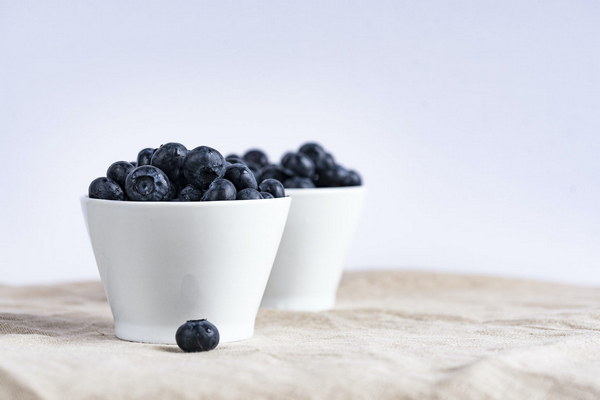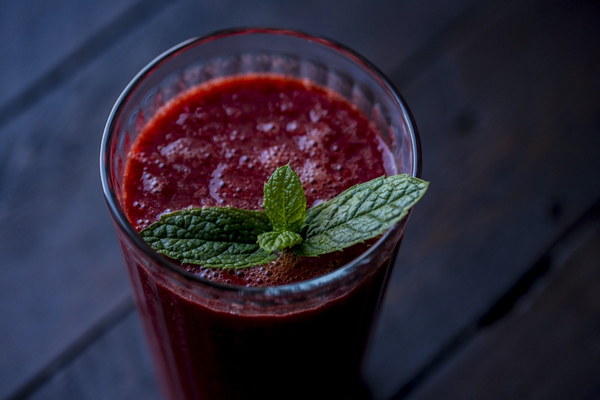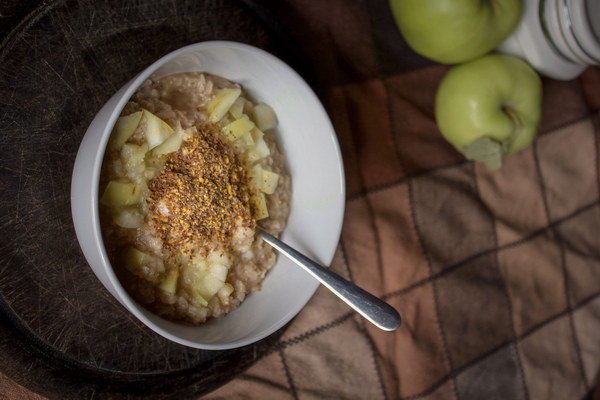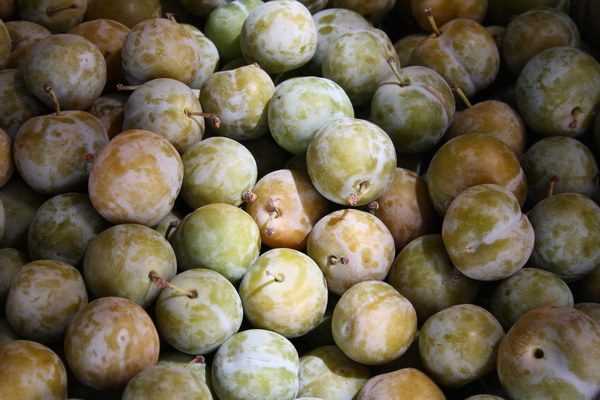The Nutritious Delight of River Shrimp A Superfood for Your Health
In recent years, the popularity of superfoods has skyrocketed, with more and more people seeking out nutrient-dense foods that can boost their health and well-being. One such superfood that has gained attention is river shrimp, also known as yabbies or crayfish. These tiny creatures, often overlooked in the culinary world, are packed with an array of health benefits that make them a must-try for anyone looking to incorporate more nutritious foods into their diet.
River shrimp are not only delicious but also a fantastic source of protein, which is essential for muscle repair and growth. A 100-gram serving of cooked river shrimp provides approximately 23 grams of protein, making it an excellent choice for vegetarians and vegans looking to increase their protein intake. Additionally, river shrimp contain all nine essential amino acids, which are necessary for the body to function properly.
One of the most remarkable aspects of river shrimp is their high omega-3 fatty acid content. Omega-3s are known for their anti-inflammatory properties and have been linked to a reduced risk of heart disease, stroke, and other chronic conditions. River shrimp contain a significant amount of eicosapentaenoic acid (EPA) and docosahexaenoic acid (DHA), two types of omega-3s that are crucial for brain development and function.
Moreover, river shrimp are rich in vitamins and minerals that can help maintain overall health. For instance, they are an excellent source of vitamin B12, which is vital for the formation of red blood cells and the maintenance of the nervous system. Vitamin B12 is often found in animal products, making river shrimp a valuable addition to the diet of vegetarians and vegans.
Another nutrient that river shrimp offer is selenium, a trace mineral that plays a crucial role in the immune system, thyroid function, and DNA synthesis. Selenium has also been shown to reduce the risk of certain types of cancer, including prostate and breast cancer.

In addition to its impressive nutritional profile, river shrimp are also low in calories and fat, making them a healthy choice for those watching their weight. A 100-gram serving of cooked river shrimp contains just 82 calories and 1.2 grams of fat, with no saturated fat or cholesterol.
When it comes to incorporating river shrimp into your diet, there are numerous ways to enjoy this nutritious superfood. River shrimp can be cooked in various ways, including boiling, grilling, sautéing, or baking. They are also delicious when added to soups, stews, salads, and pasta dishes. Some popular river shrimp recipes include shrimp scampi, shrimp cocktail, and shrimp bisque.
For those who are new to river shrimp, it's essential to purchase them from a reliable source. Fresh river shrimp are available at many grocery stores and seafood markets, while frozen shrimp can be found in most supermarkets. When selecting river shrimp, look for ones that are firm, have a bright color, and smell fresh.
In conclusion, river shrimp are a nutritious and versatile superfood that can be easily incorporated into a healthy diet. With their high protein content, omega-3 fatty acids, vitamins, and minerals, river shrimp offer a wide range of health benefits that make them worth adding to your meal plan. So why not give this tasty superfood a try and experience the benefits for yourself?









